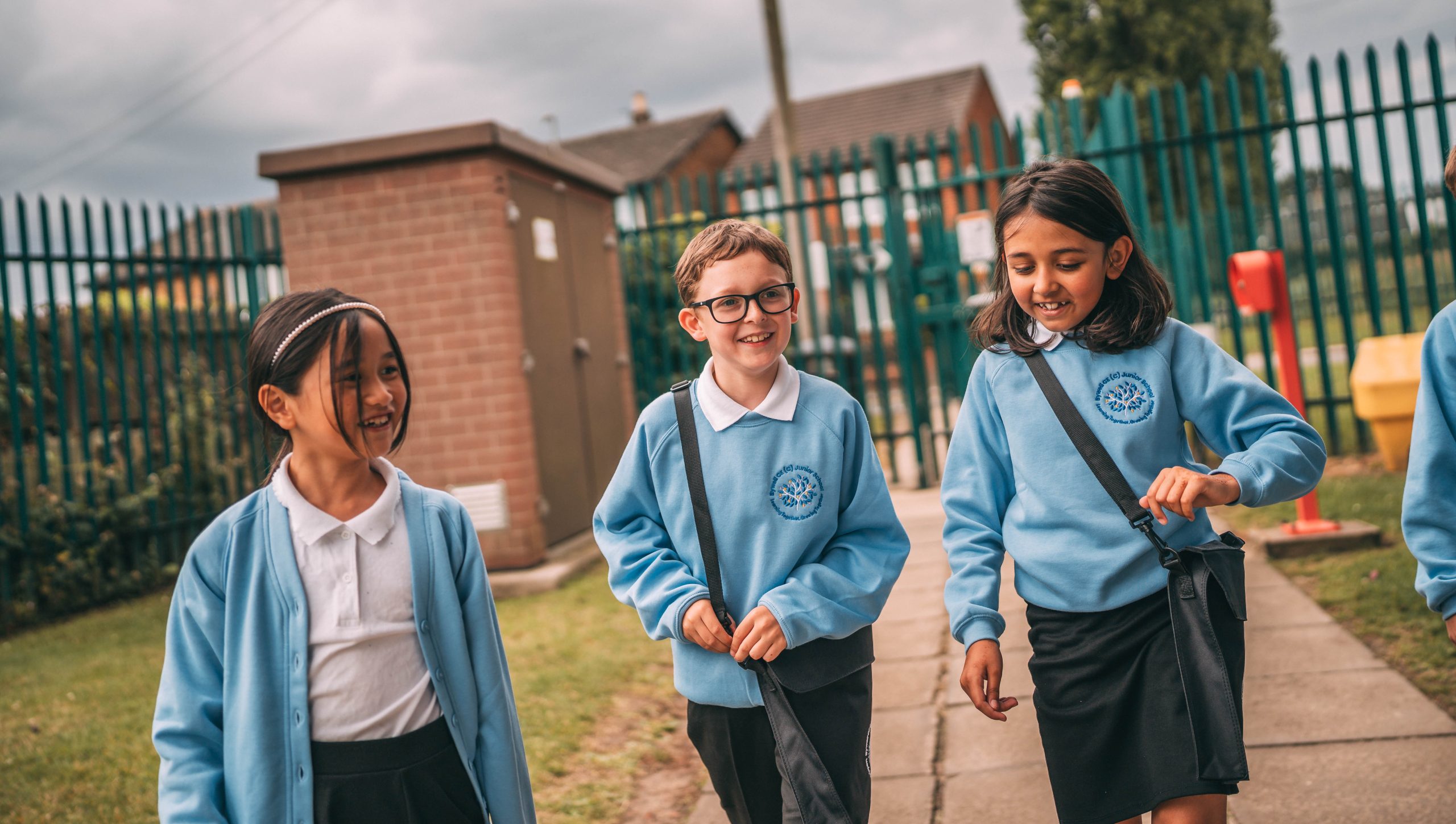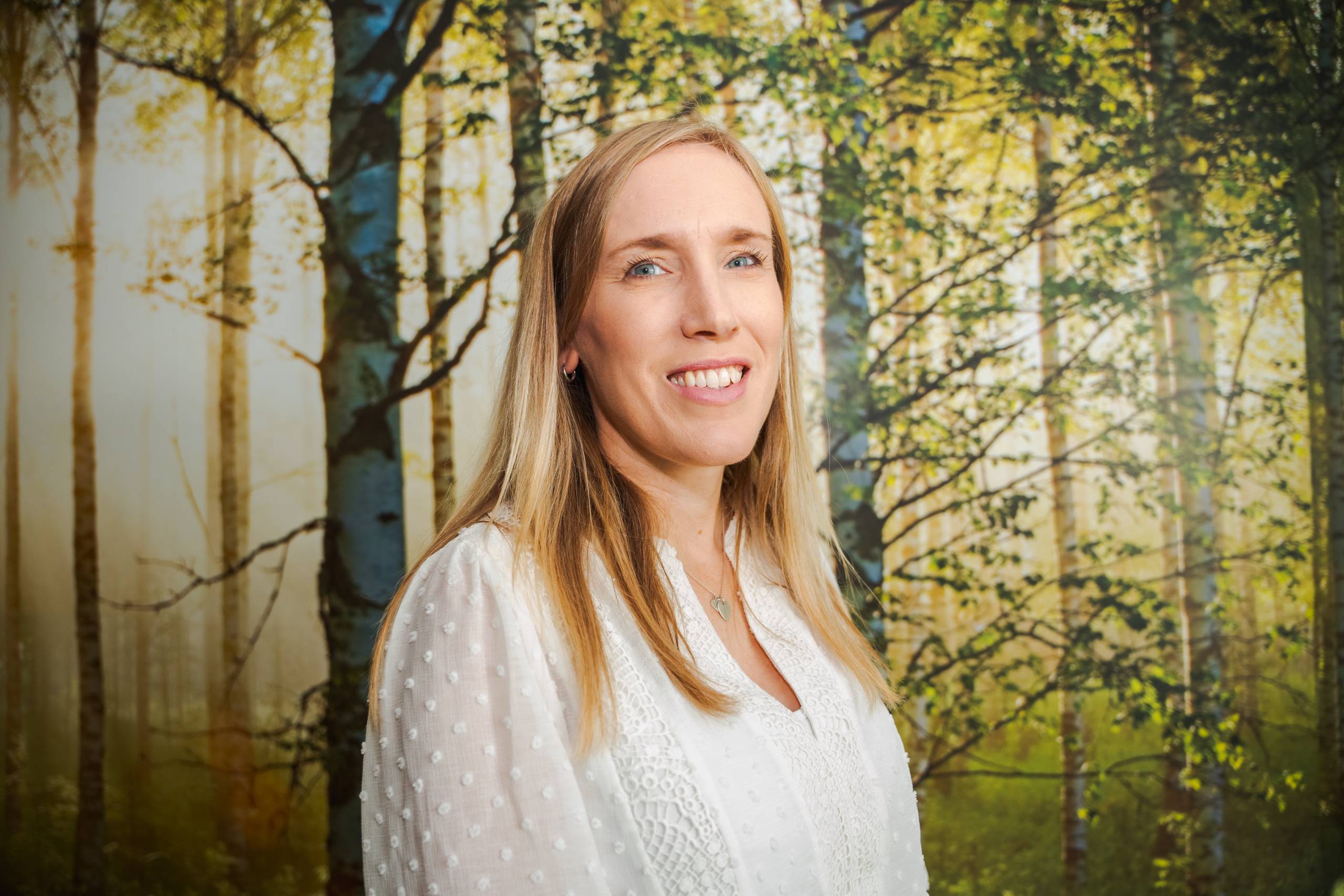Home > Key Information >
Safeguarding



At Bywell CE (C) Junior School, safeguarding our children is the highest priority. Please take a look below for details on our school policies and guidance for parents/guardians regarding safeguarding issues.






What is Safeguarding?
Protecting children from harm; preventing impairment of children’s health or development; ensuring that children are growing up in circumstances consistent with the provision of safe and effective care; and undertaking that role enables those children to have optimum life chances and to enter adulthood successfully.
Operation Encompass
Operation Encompass is a police and education early information sharing partnership enabling schools to offer immediate support for children and young people experiencing domestic abuse. Information is shared by the police with a school’s trained Key Adult (DSL) prior to the start of the next school day after officers have attended a domestic abuse incident thus enabling appropriate support to be given, dependent upon the needs and wishes of the child.
Children experiencing domestic abuse are negatively impacted by this exposure; domestic abuse has been identified as an Adverse Childhood Experience and can lead to emotional, physical and psychological harm. Operation Encompass aims to mitigate this harm by enabling immediate support, making a child’s day better and giving them a better tomorrow.
Operation Encompass directly connects the police with schools to secure better outcomes for children who are subject or witness to police-attended incidents of domestic abuse. Rapid provision of support within the school environment means children are better safeguarded against the short-, medium- and long-term effects of domestic abuse.
Useful Links
- Stop Domestic Abuse: An organisation that helps the perpetrator with strategies and support to stop abusing others.
- Pennine Domestic Abuse Partnership: A key provider of domestic abuse support services in Kirklees. We believe that everyone has the right to live free from all forms of abuse and have the right to be free from potential or actual harm.


Online Safety
At Bywell C of E Junior School the safeguarding of pupils is a very high priority. We are committed to ensuring our pupils are safe in school and online, children are doing more on the internet than ever before – and it can be a wonderful place. However, just as in ‘real life’, it’s important to make sure your child is staying safe online. By giving the pupils the knowledge to safeguard themselves and their personal information we are empowering them with a vital life skill.
What is Online Safety?
Online safety is the safe use of information systems and electronic communications, including the internet, mobile phones and games consoles. It is important that children and young people understand the benefits, risks and responsibilities of using information technology.
- Online safety concerns safeguarding children and young people in the digital world.
- Online safety emphasises learning to understand and use new technologies in a positive way.
- Online safety is less about restriction and more about education about the risks as well as the benefits so we can feel confident online.
- Online safety is concerned with supporting children and young people to develop safer online behaviours both in and out of school.
Online safety forms part of our curriculum and pupils are regularly reminded of how to stay safe online. Each classroom and teaching space displays a poster about staying SMART online. In addition to annually celebrating Internet safety day, our children have timetabled Online Safety lessons which they participate in on a termly basis.
If you have any concerns speak to a member of the Designated Safeguarding Team.
Bywell Expectations
We expect Parents/ Carers to support keeping children safe online by always ensuring that they are supervised when using the internet to access anything. It remains surprisingly easy for children to access inappropriate material including unsuitable texts, images and movies. Parents/guardians are advised to set the security levels within Internet Browsers with this in mind.
Locating the device to access the Internet in a family area will enable you to supervise children as they use the Internet. However, don’t deny your child the opportunity to learn from the wide variety of material and games available on the Internet. Instead, set some simple rules for keeping them safe and make sure they understand the importance of these rules.
A few ideas to help you establish some rules:
- Ask your permission before they use the Internet
- Only use websites you have chosen together or a child friendly search engine
- Only email people they know (perhaps an address book would be useful)
- Ask permission before opening an email sent by someone they don’t know
- Do not use Internet chat rooms
- Do not use their real name when using games on the Internet (perhaps encourage them to create a suitable nick name)
- Never give out a home address or personal contact details
- Never tell someone where they go to school
- Never send an image of themselves, their home or school
- Never arrange to meet someone they have ‘met’ on the Internet
- Only use a webcam with people they know
- ask them to tell you immediately if they see anything they are unhappy with
Using these rules:
Go through the rules with your child and ensure they understand what you suggest. It is also a good idea to regularly check the Internet sites your child is visiting e.g. by clicking on History and Favourites. Please reassure your child that you want to keep them safe rather than take Internet access away from them.
You will find on this page the most up to date resources that we access to support you with educating your children about how to keep safe.
Visit https://nationalonlinesafety.com/ for more information on how to help your child stay safe online.
Social Media and Gaming Platforms
Facebook: Facebook’s terms and conditions state that all users must be 13 years or older and as such we strongly recommend that parents do not allow their children to have their own personal profiles online.
YouTube: Many children spend a lot of time watching Youtube and children often wish to create their own Youtube films. In doing so, without careful thought, they can leave themselves open to bullying or online grooming by revealing personal details and making videos and comments available to anyone.
This is not illegal but the minimum age to create a Youtube account is 13. Having an account for a younger child breaks the terms and conditions of the site. It is not possible to upload videos without creating an account.
We feel it important to point out to parents the risks of underage use of such sites, so you can make an informed decision as to whether to allow your child to have a profile or not. These profiles will have been created away from school and sometimes by a child, their friends, siblings or even parents. Please if you are unsure check the https://nationalonlinesafety.com/ for further guidance or speak with a member of the designated safeguarding team. Below are some useful posters with information on popular social media and gaming platforms.
Useful Links
- Thinkuknow is the education programme from NCA-CEOP, a UK organisation which protects children both online and offline. Explore one of the six Thinkuknow websites for advice about staying safe when you’re on a phone, tablet or computer.
- From age-specific online safety checklists to guides on how to set parental controls on a range of devices, you’ll find a host of practical tips to help children get the most out of their digital world on Internet Matters.
- Get Safe Online, is the UK’s leading awareness resource helping protect people, finances, devices and businesses from fraud, abuse and other issues encountered online.
- Childline is aimed towards children, but also gives an excellent insight to parents on topics such as bullying on social networks and “sexting”
- Are you worried about online sexual abuse or the way someone has been communicating with you online? Make a report to one of CEOP’s Child Protection.
Prevent
“There is no place for extremist views of any kind in our school, whether from internal sources- pupils, staff, visiting adults, governors or external sources- school community, external agencies or individuals.
Any prejudice, discrimination or extremist views, including derogatory language, displayed by pupils, staff, visitors or parents will always be challenged and where appropriate, dealt with. Where misconduct by a teacher is proven, the matter will be referred to the National College for Teaching and Leadership for their consideration. Misconduct by other staff will be dealt with under normal school disciplinary procedures.
We encourage pupils to respect the fundamental British values of: democracy, the rule of law, individual liberty and mutual respect and tolerance of those with different faiths and beliefs. We ensure that partisan political views are not promoted in the teaching of any subjects in the school and where political issues are brought to the attention of the pupils, reasonably practicable steps are taken to offer a balance presentation of opposing views the pupils.”
What is radicalisation?
It is when a person starts to support terrorism or forms of extremism that leads to terrorism.
- They are usually 13 years old or upwards but not always.
- They may have a personality or identity crisis.
- They may have unmet aspirations or have a personal crisis.
- They may have a need for adventure or excitement.
- They may feel that their culture or religion is under threat.
- Individuals may feel socially isolated or suffering depression.
- They may demonstrate criminal behaviour.
- They may be groomed by others who promise them excitement, glory or freedom.
What are the signs?
- Overly sensitive about online viewing.
- Feeling isolated or expressions of “us and them” mentality.
- Becoming more argumentative or domineering in their viewpoint – quick to condemn those who disagree with their opinions.
- Downloading extremism content.
- Social isolation – especially if they had been social previously.
- Abnormal routines or travel patterns.
- Altered appearance.
What do you do if you have a concern?
If a member of staff has a concern about a particular pupil, they follow the school’s safeguarding procedures.
Useful Links
- Educate Against Hate: Government advice and trusted resources for schools to safeguard students from radicalisation, build resilience to all types of extremism.
Early Support
What is an Early Help Assessment?
The Early Help Assessment is a way of working with children and young people. It involves listening to you and your child to find out your child’s needs, and what is working well in your child’s life. An action plan, agreed with you and your child, is also put in place to make sure your child gets the right sort of help. The Early Help Assessment is voluntary – you and your child can choose to be involved.
How will The Early Help Assessment help my family?
The Early Help Assessment exists to help you support your child. It can lead to a quick solution or help to identify extra support if needed. The Early Help Assessment will ensure that everyone involved with your child – such as teachers and health visitors – works together to support your child. The Early Help Assessment will help your child receive the right support at an early stage before their needs increase which can be much more difficult to help you with. As The Early Help Assessment is a shared assessment, you and your child will not have to repeat the same story to different workers.
When is The Early Help Assessment used?
The Early Help Assessment can be used if you or someone who works with your child would like your child to receive extra support. It will help to identify your child’s additional needs, and other workers required to support your family.
How does it work?
With agreement a professional will ask you and your child some questions to find out what help and support your child might need. This information is recorded on a simple form. You and your child will agree what is put on the form and submit the for to Early Help. Typical outcomes of the Early Help assessment is looking for a Family Support Worker, Parenting Programmes to upskill or potentially Family Group Conferencing. When a number of agencies potentially get involved such as School, Health Care, Early Support the professionals look to create a Team around the Family meeting which supports the family and ensures the correct support is being provided to the families needs.
See the below attached document for Early Support Partnership for further information.